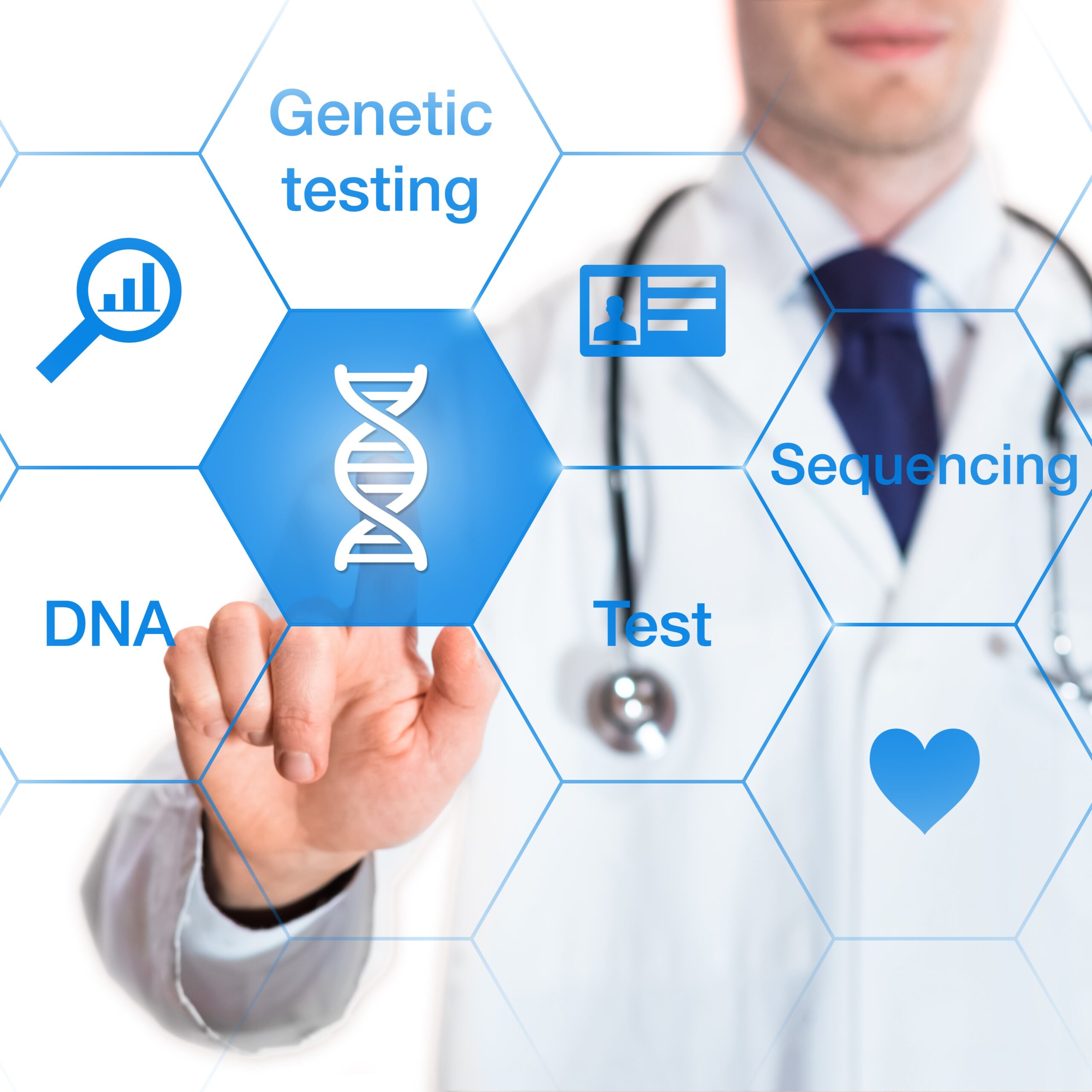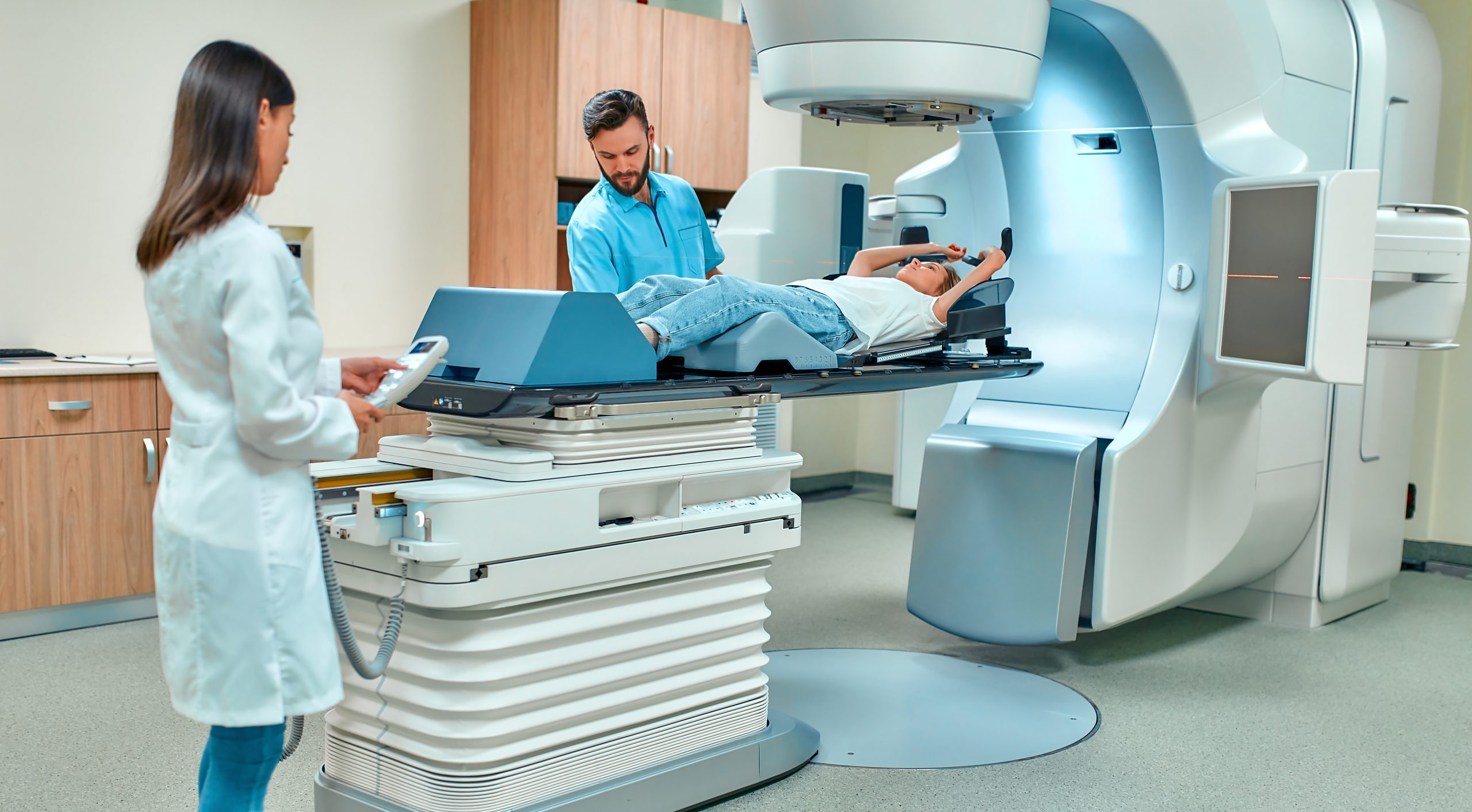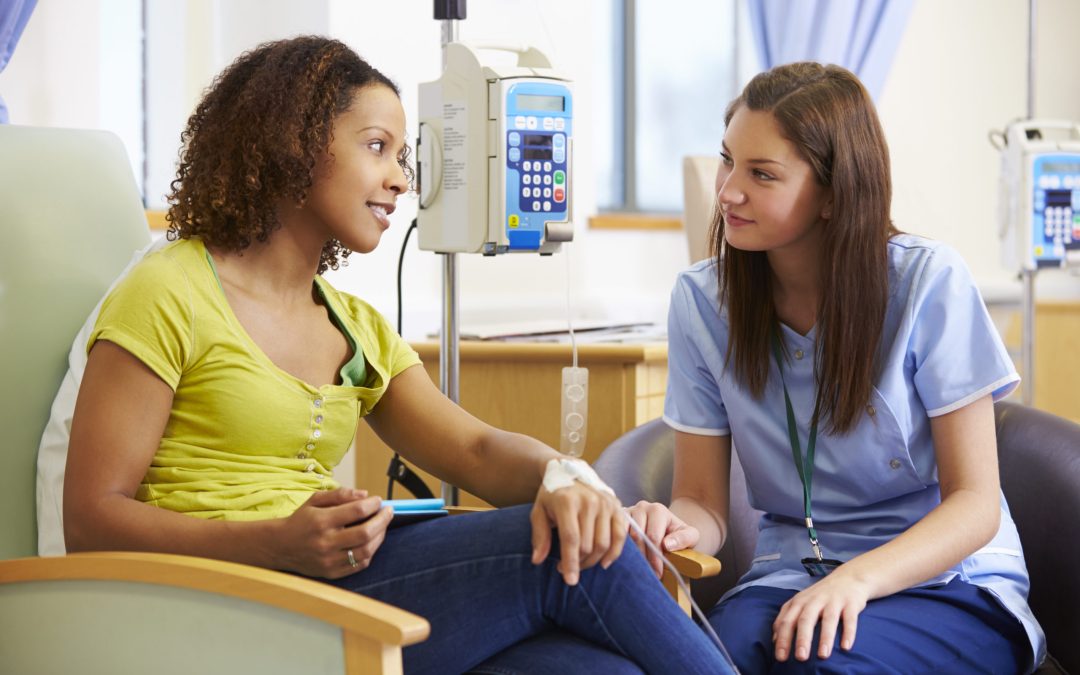https://www.youtube.com/watch?v=V2I2ROwKR4s Video Courtesy of New York Plastic Surgical Group


https://www.youtube.com/watch?v=V2I2ROwKR4s Video Courtesy of New York Plastic Surgical Group

As a genetic counselor, I talk about genetic testing with individuals who have a personal or family history of cancer. We discuss the chance that their cancer or their relative’s cancer might be inherited, and review the option of testing to determine if they carry an...

As a radiation oncologist, I find that many breast cancer patients and their family members are anxious when they meet me for the first time. Patients have often already undergone surgery, and many have already met with a medical oncologist to discuss the possibility...

Not all breast cancers are created equal. Historically those patients with hormone-driven breast cancer had better outcomes compared to those with HER2+ breast cancer. Human epidermal growth factor receptor 2 (HER2)/Neu is a kinase protein involved in normal cell...

Knowledge about family history of breast, ovarian and other cancers can help individuals be proactive, prevent cancer, and increase early detection screening, when treatment is minimal. Cancer is usually not an inherited condition. However, approximately 10% of...

Breast cancer is the most commonly diagnosed cancer in women in the United States. American Cancer Society estimates that 281,550 women with be newly diagnosed with breast cancer in 2021. These women will face the difficult phase of receiving the diagnosis after...

What is a Patient Navigator? Patient navigators are nurse practitioners or registered nurses that provide guidance through the healthcare system and work to overcome obstacles like misinformation, fear and medical costs, that are in the way of people receiving the...

Non-surgical breast cancer cryoablation, which destroys tumor cells by exposing them to sub-freezing temperatures, is proving to be an effective alternative to surgery for small breast cancers, with low-risk features, in women over 60 years, based on the early...

Hormone replacement therapy (HRT) and its relationship to breast cancer has been a controversial topic for many years. A common treatment for menopausal women, HRT was discontinued by many after the publication of a prominent government-backed 2002 study linking HRT...

No matter your breast cancer stage, participating in a clinical trial can not only improve your level of care, but can make a difference in the lives of future patients, often at little or no extra cost. Yet despite these benefits, only a small minority of patients...